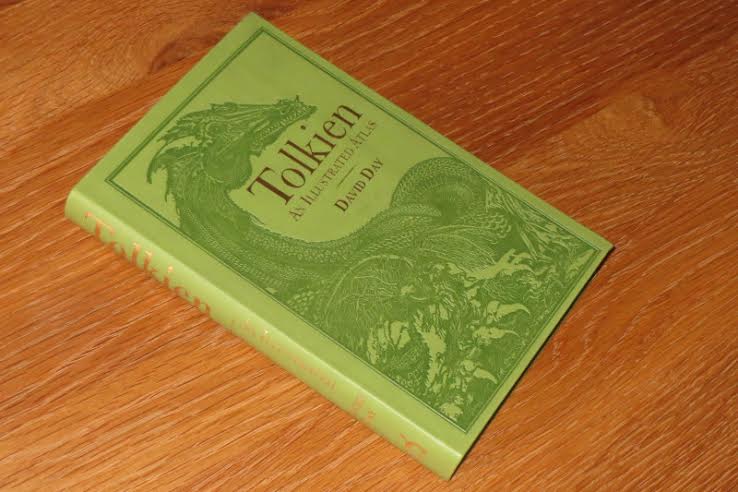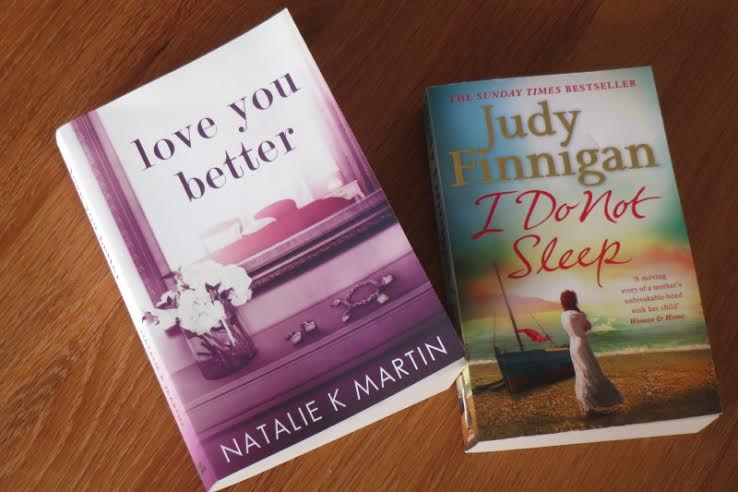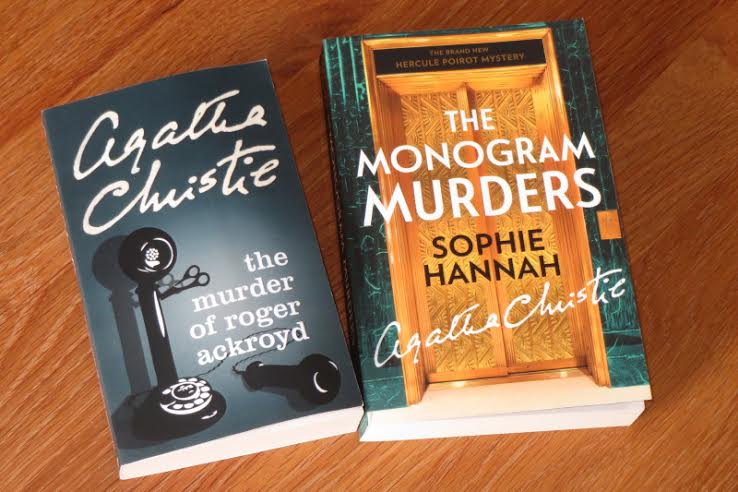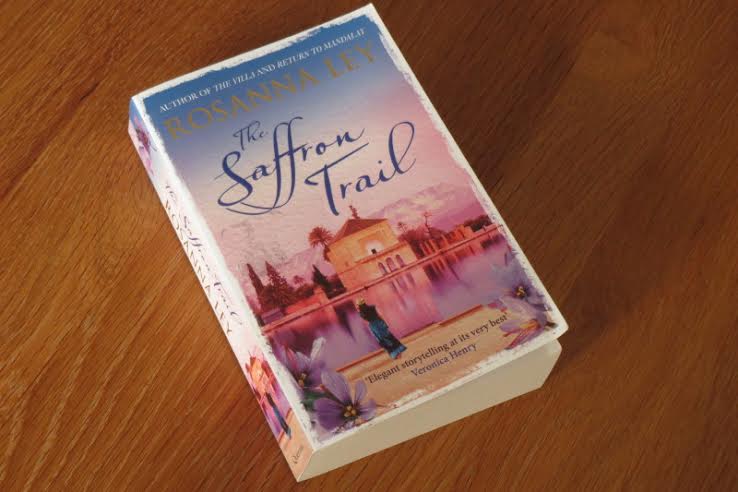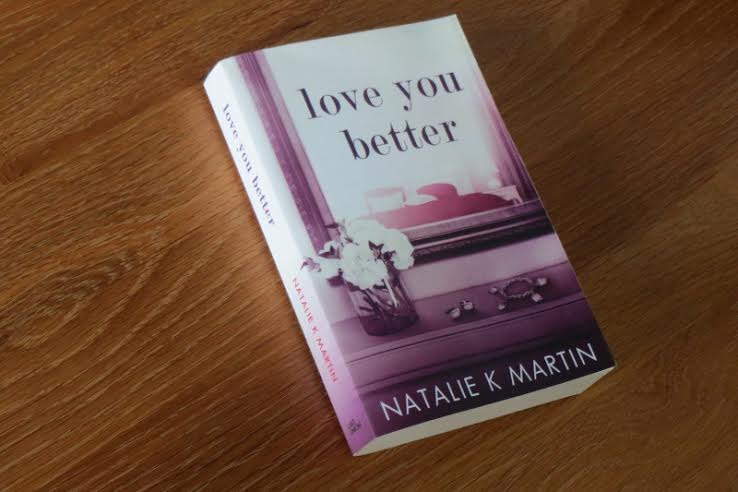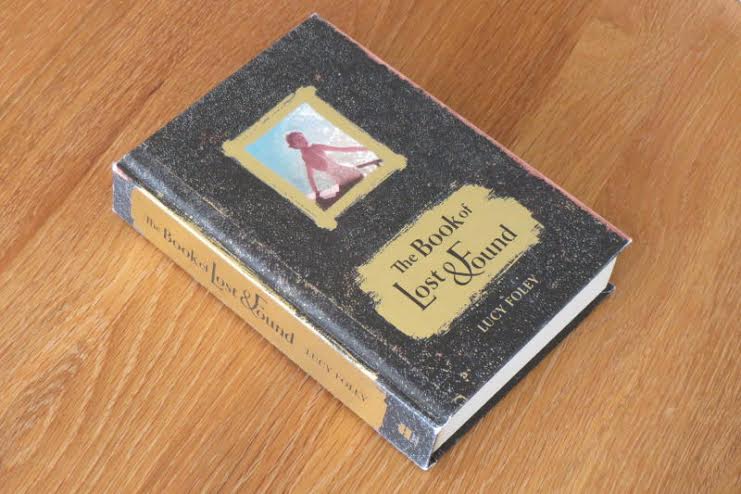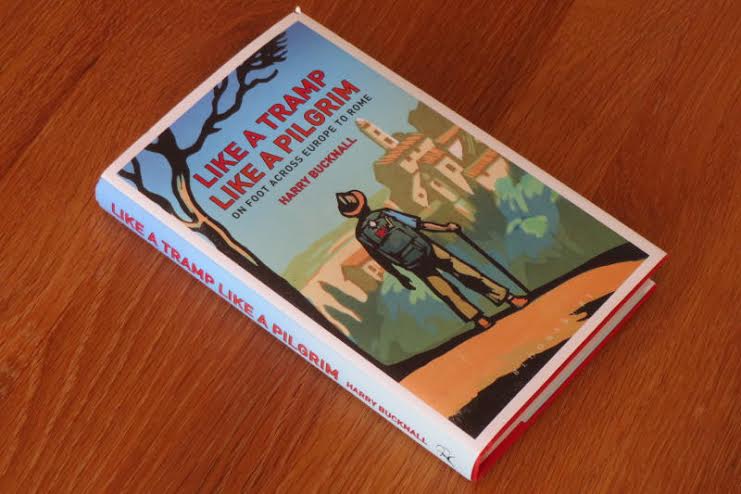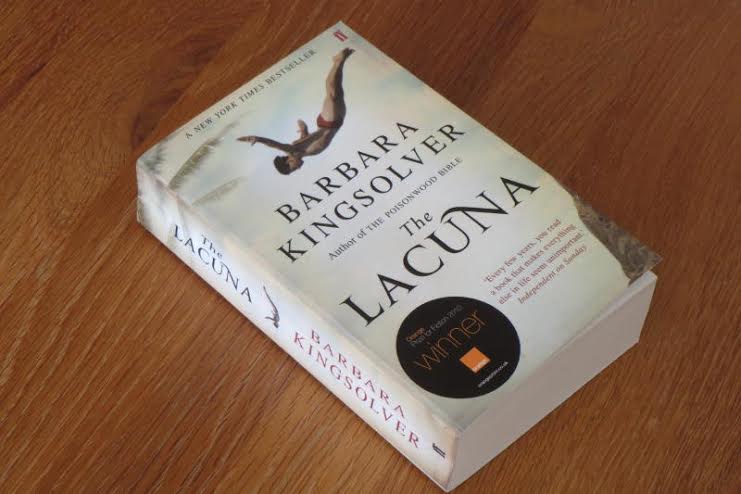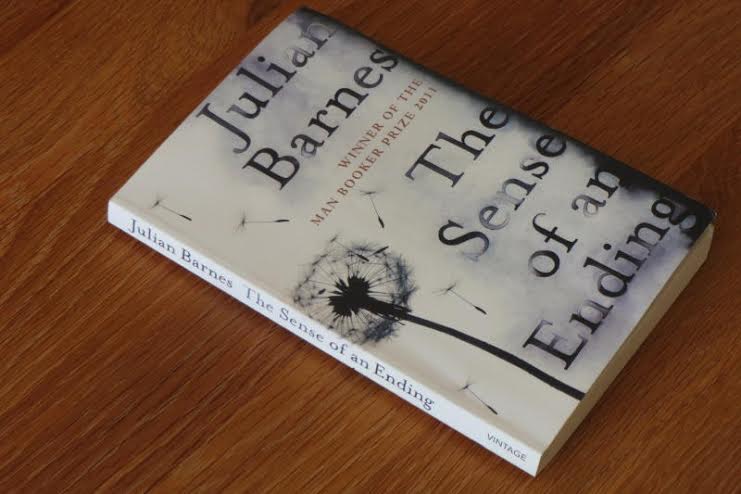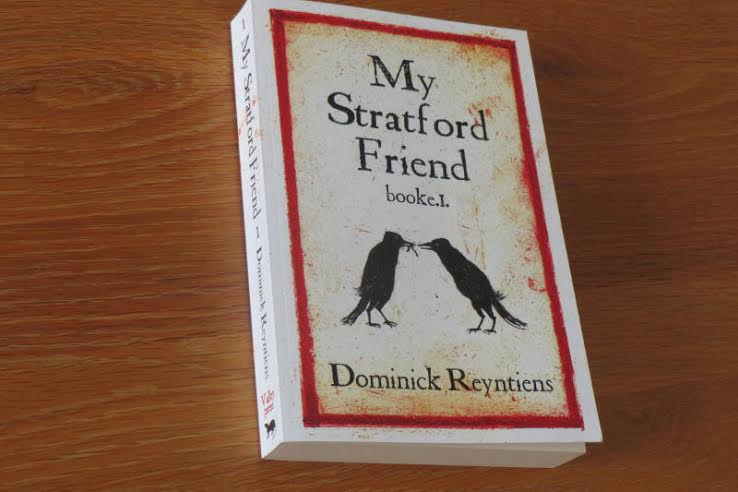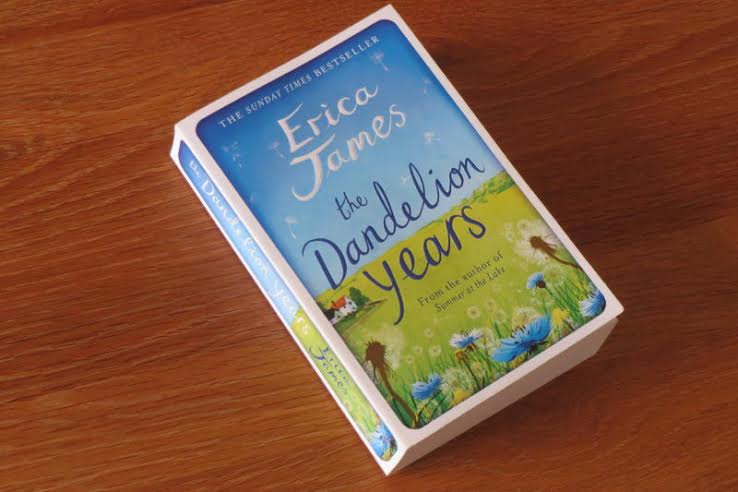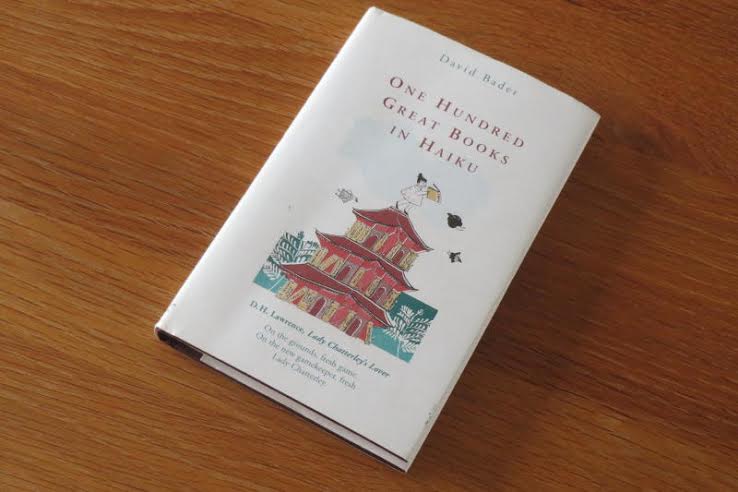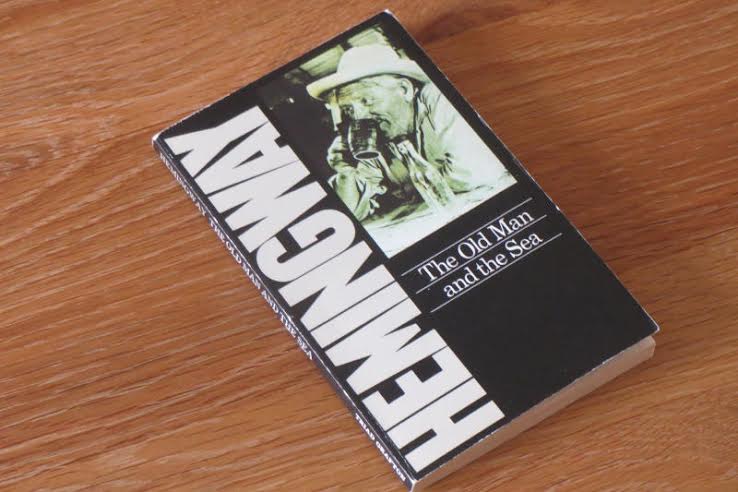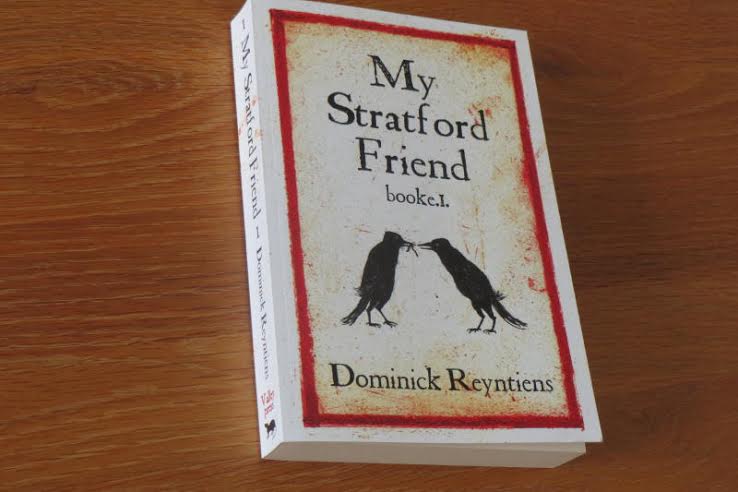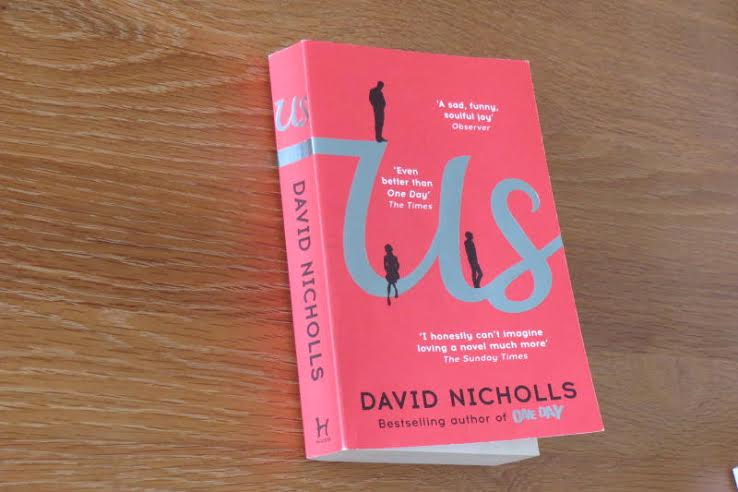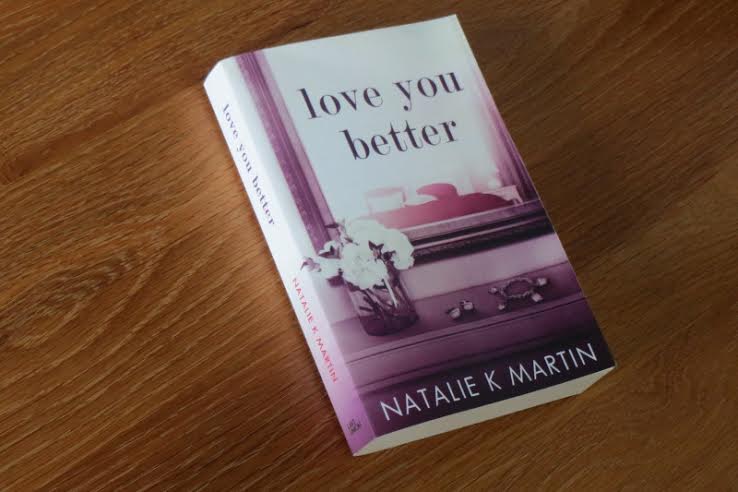 Natalie K Martin’s second book Love You Better is about domestic violence. Set in London, Thailand and Ibiza with links to other parts of the world, the story is fast paced with well-drawn characters and a good if somewhat predicable story line. We all know that domestic violence can occur in all sorts of households and relationships, and any book which reinforces this and flags up some of the telltale warning signs is welcome. The author has done her research well. And her love of travel shines through too.
Natalie K Martin’s second book Love You Better is about domestic violence. Set in London, Thailand and Ibiza with links to other parts of the world, the story is fast paced with well-drawn characters and a good if somewhat predicable story line. We all know that domestic violence can occur in all sorts of households and relationships, and any book which reinforces this and flags up some of the telltale warning signs is welcome. The author has done her research well. And her love of travel shines through too.
However, the ending of the book was clearly signposted from the early pages and for me this detracted from the impact of the story as it evolved. It’s hard to care enough about the development of a character – even one you empathise with as much as Effie – if you’ve already worked out what is going to happen to her. There were a few other things which pulled me up short. Is the character Oliver intended to be the same age as the other main characters (that is, mid twenties) and if so, how can he possibly be one of the most sought-after lawyers in London? A three storey whitewashed Georgian house in a quiet street in Clapham for £500,000? I don’t think so. Nitpicking? Yes. But why not get it right?
This book is still a good read though. It flows well, it’s interesting and I did actually want to know if I guessed the right ending. And I liked the play on words in the title. A book worth reading in fact. I’m going to search out the author’s first book Together Apart and look forward to future offerings as well.
Love You Better is published by Lake Union Publishing and will be available in the UK in paperback and ebook versions from 8th October 2015.

